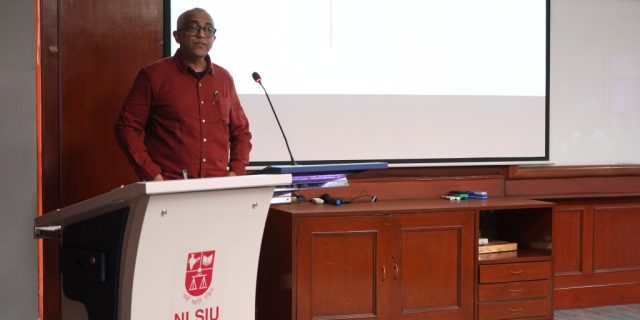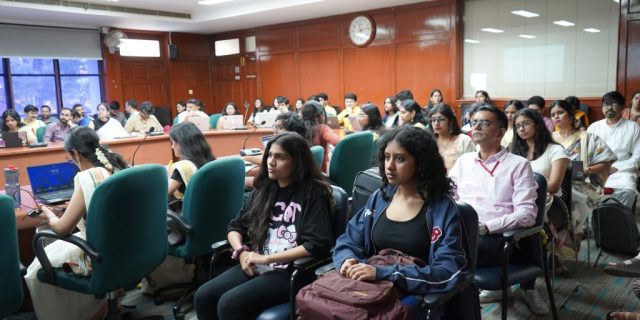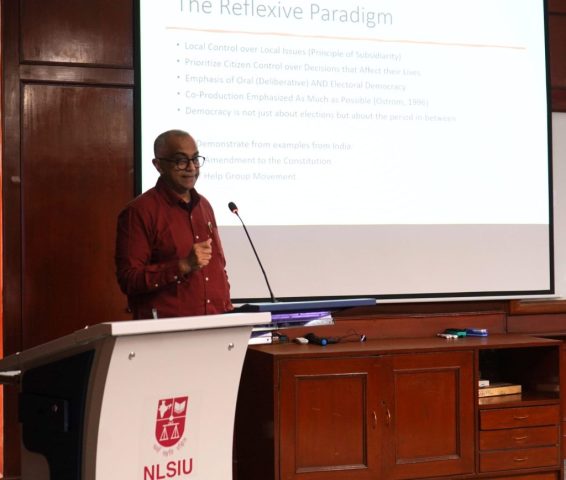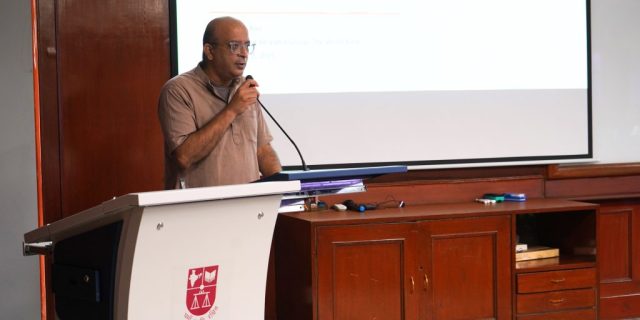Guest Lecture | ‘Doing Policy That Prioritises People: The Challenge of Reflexivism’ by Dr. Vijayendra Rao
Ground Floor Conference Hall, Training Centre
Tuesday, September 2, 2025, 11:00 am
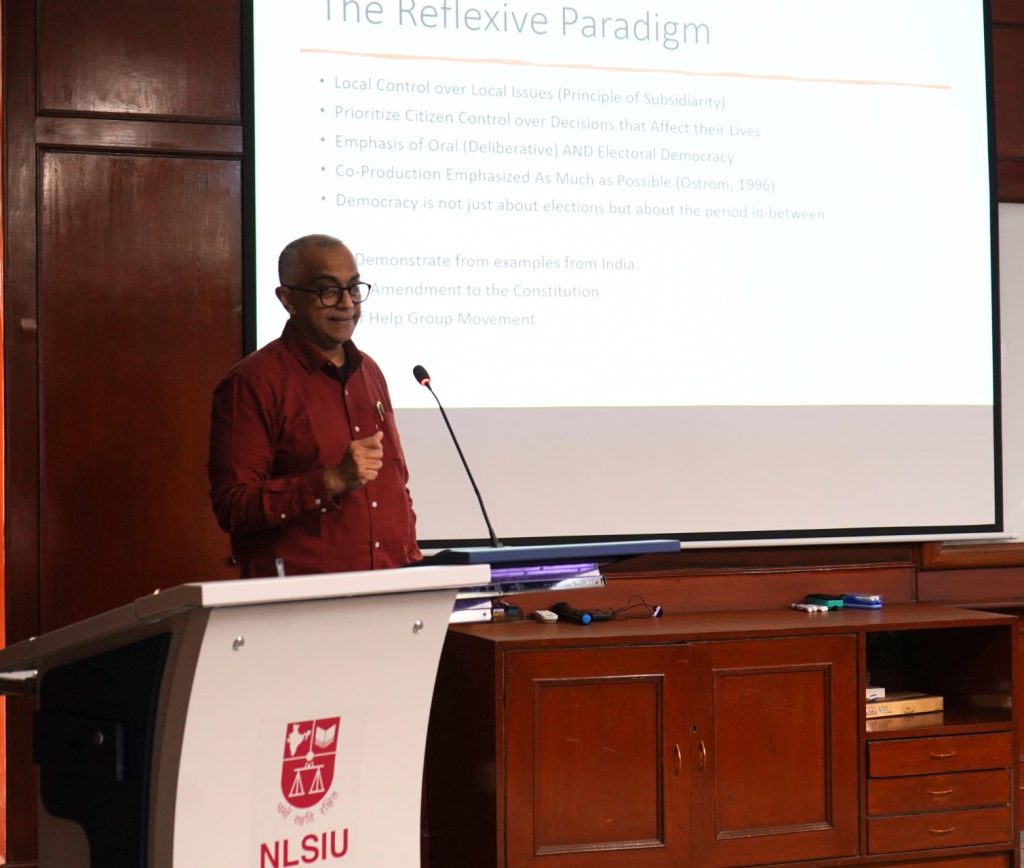 Dr. Vijayendra Rao, Lead Economist, World Bank’s Development Research Group, delivered a talk on ‘Doing Policy That Prioritises People: The Challenge of Reflexivism’ on September 4, 2025.
Dr. Vijayendra Rao, Lead Economist, World Bank’s Development Research Group, delivered a talk on ‘Doing Policy That Prioritises People: The Challenge of Reflexivism’ on September 4, 2025.
About the Talk
Contemporary policymaking is dominated by three broad paradigms – Neoliberalism, Neo-Keynesianism, and Neo-Paternalism. These approaches typically rely on “outcome-policies” that operate through measurable levers of government, often guided by randomised controlled trials and behavioural “nudges.” While these methods promise precision, they may overlook the complex, lived realities of the people they aim to serve.
In this talk, Dr. Rao argued for an alternative approach – Reflexivism – which emphasises incremental, participatory, and people-centric policymaking. Reflexivist interventions are harder to measure and control, but they may lead to deeper and more enduring transformations. Drawing on examples from India, he explored how such an approach can better align policy with the aspirations and agency of those it seeks to affect.
The talk drew upon a variety of sources, in addition to the two papers below:
- Process-Policy & Outcome-Policy: Rethinking How to Address Poverty & Inequality
- Can Economics Become More Reflexive? Exploring the Potential of Mixed-Methods
About the Speaker
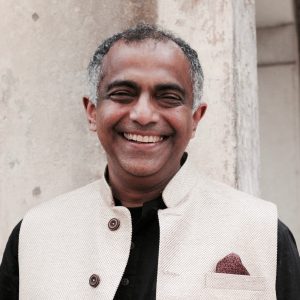
Dr. Vijayendra Rao is a social scientist who works at the intersection of economics, anthropology, political science, and development practice. A Lead Economist at the World Bank’s Development Research Group, he has spent his career exploring how culture and power shape development outcomes and how policy can better engage with the lived realities of people.
Rao’s research spans themes including gender inequality, deliberative democracy, community development, and the cultural dimensions of poverty. He has written on dowry, domestic violence, participatory governance, and the political economy of collective action. His policy work has informed large-scale development programs in India and globally, emphasising the need for reflexivity, inclusion, and local agency.
He is completing a book on how women’s groups in Bihar catalysed deep cultural change and is engaged in projects that use narrative methods and AI tools to scale the analysis of qualitative data. In 2026, he will serve as Distinguished Scholar-Practitioner in Residence at Northwestern University’s Buffett Institute for Global Affairs.
Rao is committed to rethinking development from the ground up—by listening, learning, and bringing people into the heart of policy. His other works can be found here.


